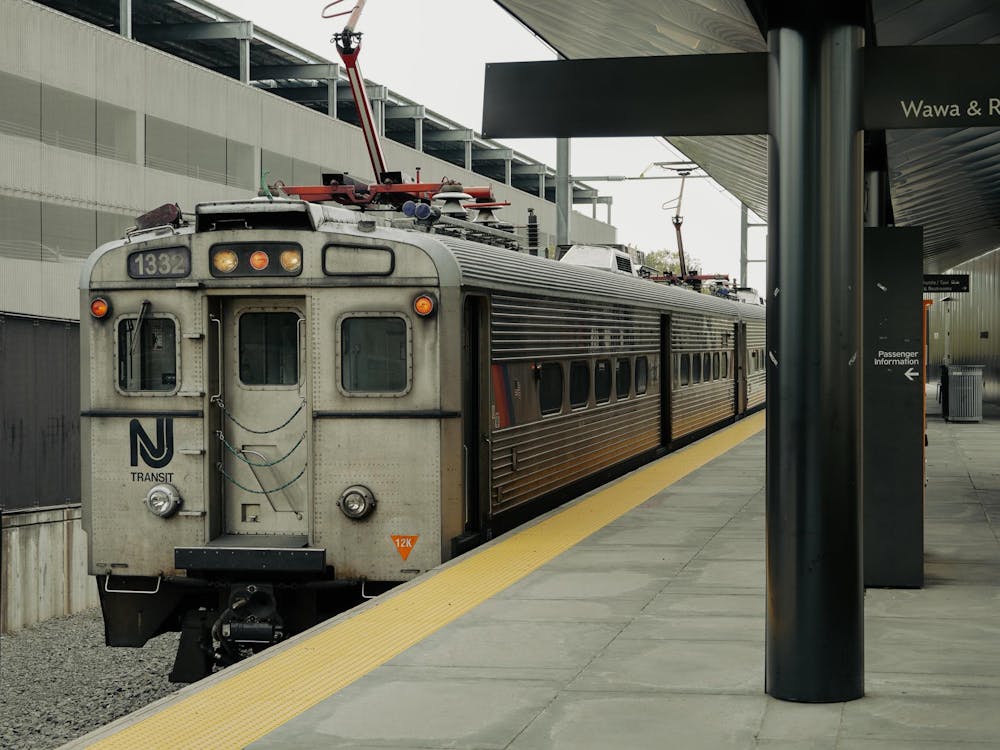Professor Robert Whitney of the University of New Brunswick, Canada, spoke to students interested in the Princeton-in-Cuba program late Thursday afternoon in a speech titled Society and Political Culture in Cuba Today: A Historian's Perspective, sponsored by the University's Latin American studies program.
This was the third of four meetings for students interested in Princeton-in-Cuba.
The program aims to enrich the educational experience of fieldwork during a student's undergraduate career, said director Kenneth Mills.
"We are inviting students of all levels toward information and experience, deeper knowledge and complex thinking, trial and error . . . in other words, field research."
And it all started in a precept three years ago.
Princeton-in-Cuba, a student-inspired initiative sponsored and supervised by the Program in Latin American Studies, is composed of approximately 12 to 15 students who visit Cuba to conduct field research.
Before traveling to Cuba, the students regularly engage in faculty-led seminars and further hone their research plans.
While in Cuba, students pursue fieldwork, conduct in-depth interviews, consult local libraries and archives and immerse themselves in the Latin American culture.

"Students will have interaction with the people there," said program associate director David Figueroa-Ortiz. "They are going there and meeting specific people, who will either point them in a direction or confirm their findings and make it a rich experience."
"[The program] gives students a complex view of Cuba as a Latin American society and the United States' relationship to its neighbors," he added. "It gives students a better of understanding of life in Cuba in respect to the U.S."
After the trip, students are required to write an eight-to-10-page paper reporting their research and presenting their findings to the University community.
This year's applications are due Oct. 19 to David Figueroa-Ortiz, and students will be notified immediately after midterms if they have been accepted.

As for proposed ideas, Mills encourages creativity. "Anything goes," he said.
Past research projects have involved higher education, health care, religion, state networks, foreign investment, AIDS and the role of the Catholic Church.
"It's a non-credit program, no grades, no transcripts," Figueroa-Ortiz said. "But it's an intensive experience and a great deal of work."
Figueroa-Ortiz said prospective students should be proficient in Spanish. Freshmen and sophomores are especially encouraged to apply. Forty-four students applied last year.
Financial assistance is available to participants.







